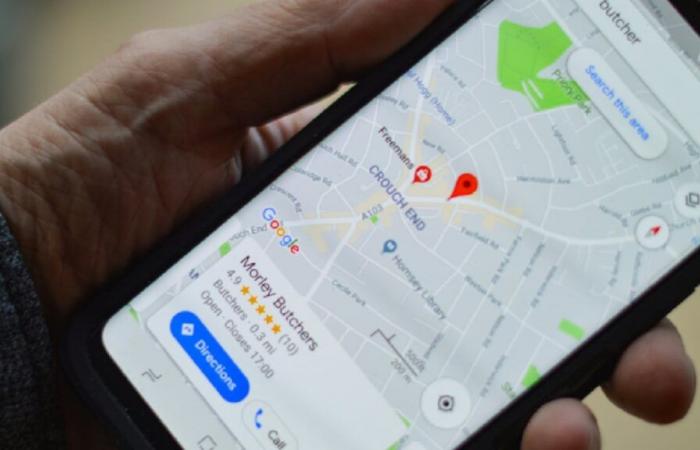News JVTech Faced with the next Google Maps update, you must act to avoid losing everything. Here's how
Published on 15/11/2024 at 11:05
Share :
Google Maps is once again shaking up our habits by radically changing the management of location history.
Restricted access to ephemeral data
No more unified location history accessible from any device connected to your Google account. From now on, each smartphone, tablet or computer keeps its own geolocation data, limited to the last three months. For users accustomed to consulting their Timeline and reliving their past trips, this new policy is a real blow. But why such a limitation? Google justifies this decision by a desire to simplify the management of personal data and to strengthen user security.. By storing data locally, the company believes it reduces the risks of hacking and leaks of sensitive information.
While Google's objective is laudable, the implementation of this new policy raises many questions. Several users have complained about receiving conflicting notifications regarding deadlines for saving their history. Some have even seen their data disappear despite their attempts to keep it. In return, and to avoid losing their precious mapped memories, users are invited to use Google Takeout : a tool that allows you to download a copy of all data associated with a Google account, including location history.
A change that questions the notion of privacy
Beyond the technical aspects, this development raises more fundamental questions about the notion of privacy and the control we exercise over our personal data. By limiting access to location history and making it ephemeral, Google restricts our ability to trace our past movements and understand our mobility habits. Furthermore, this new policy is part of a broader context of increased surveillance of our personal data. Digital giants collect a considerable amount of information about our lives, and it is legitimate to question the uses that are made of this data.
Photo credit: henry perks (Unsplash)
And now ? Faced with these changes, Google Maps users find themselves in a delicate situation. If they want to keep a detailed history of their travels, they need to take the lead and make regular backups. However, this solution is not without risk, and it is possible that backed-up data may be lost or corrupted. In the meantime, users have no choice but to adapt to this new reality and learn to live with a more limited and less accessible location history.






